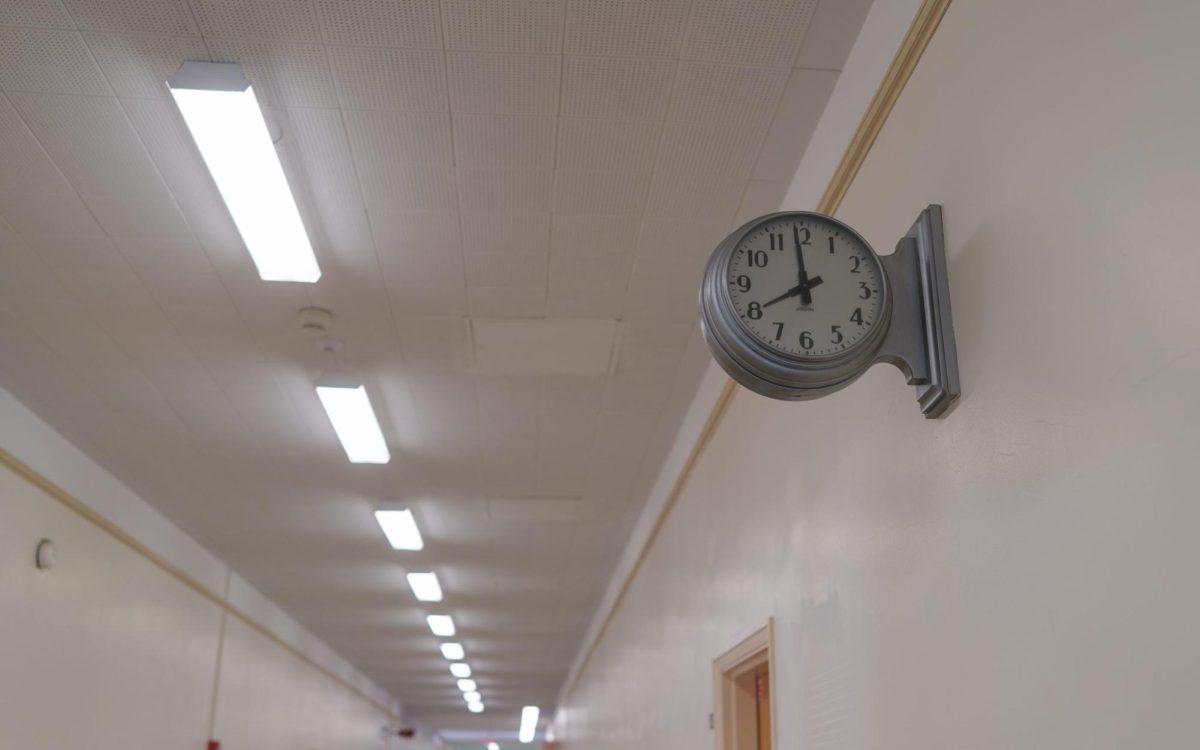Students of Centreville are in the midst of adjusting to many new school policies which includes a new schedule. CATS, a replacement for the rotating PLUS period, has been implemented in just the last few weeks.
The CATS period occurs after a shortened ROAR period. Placement in a CATS period is determined by whether a student needs remediation in one or more of their classes. If a student shows proficiency in all core subjects, they are assigned to a study hall period rather than a remediation block.
Principal Dr. Erik Healey says that many components are looked at to determine whether students need remediation or not. He states, “There’s lots of data that we’ve looked at,” including “SOL scores, benchmark tests from the division, [and] grades to see where students are.”
The new change has not been without controversy. Teachers with remediation classes have stated that CATS increases their workload, especially compared to teachers who have been assigned to supervise a study hall.
Ms. Hwangpo, an English teacher with a CATS remediation block, says that core teachers have had to create and teach new lessons for the students that have been assigned to their CATS periods.
Mr. Munson, another English teacher, states, “There is a responsibility imbalance between core and elective teachers. All teachers get paid the same, so there should be an equal amount of work dispersed to everyone.”
Munson’s biggest concern is that teachers are working with students that have been randomly assigned to him in CATS. He would prefer extra time working with his own students.
Science teacher Mr. Dux echoes this, stating that he believes “PLUS was more efficient because you can work with kids in your own class.”
The overall consensus among core teachers seems to be concern that there is a difference in how much work teachers of different subjects have to put in.
When asked about the difference in workload, Dr. Healey highlights the differences in responsibility. While he acknowledges that core teachers have to create new lesson plans, he states that study hall teachers have to manage larger groups of students.
Students have mixed feelings about the implementation of CATS as a replacement of PLUS periods.
Junior Vivien Berg “prefer[s] CATS over PLUS, primarily because it is helpful to have less structured time.” Berg adds, “I think this is better than PLUS classes where students had to do whatever the teacher asked them to do.”
However, she also mentions that one con of the CATS period is that students that may want support will have to create E-hall passes days in advance instead of on the spot. She believes that “if the pass is ready, it should be accepted, whether it is a minute or day prior.”
Profe Wilkerson, a World Language teacher, has a different perspective. She states that “prearranged meetings are [more] favorable and help [teachers] be more prepared for students that need help.”
Wilkerson also explains that CATS “feels more organized.” She prefers the less frequent movement, noting that PLUS was more chaotic as she did not always know where students were.
In contrast, many core teachers have stated that CATS is more logistically complicated, with too many moving pieces at one time.
Wilkerson acknowledges the imbalance of workload between core teachers and elective teachers as she feels core teachers have to take on greater responsibility planning and teaching remediation lessons. Since she has a study hall period where she does not have to prepare more lessons, and she has more time to herself.
Amidst this change, teachers have been vocal about their opinions and questions regarding this process.
When Dr. Healey was asked if he had gotten any responses from teachers about how they feel, he mentioned that “there has definitely been a lot of feedback about the clarifications of the process.” He appreciates the feedback of the community and feels good about how the school is doing currently.
He notes that “anytime something is new, there is an anxiousness because its unknown.” With the help and flexibility of students and dedicated staff, these changes can be easily and responsibly implemented.







